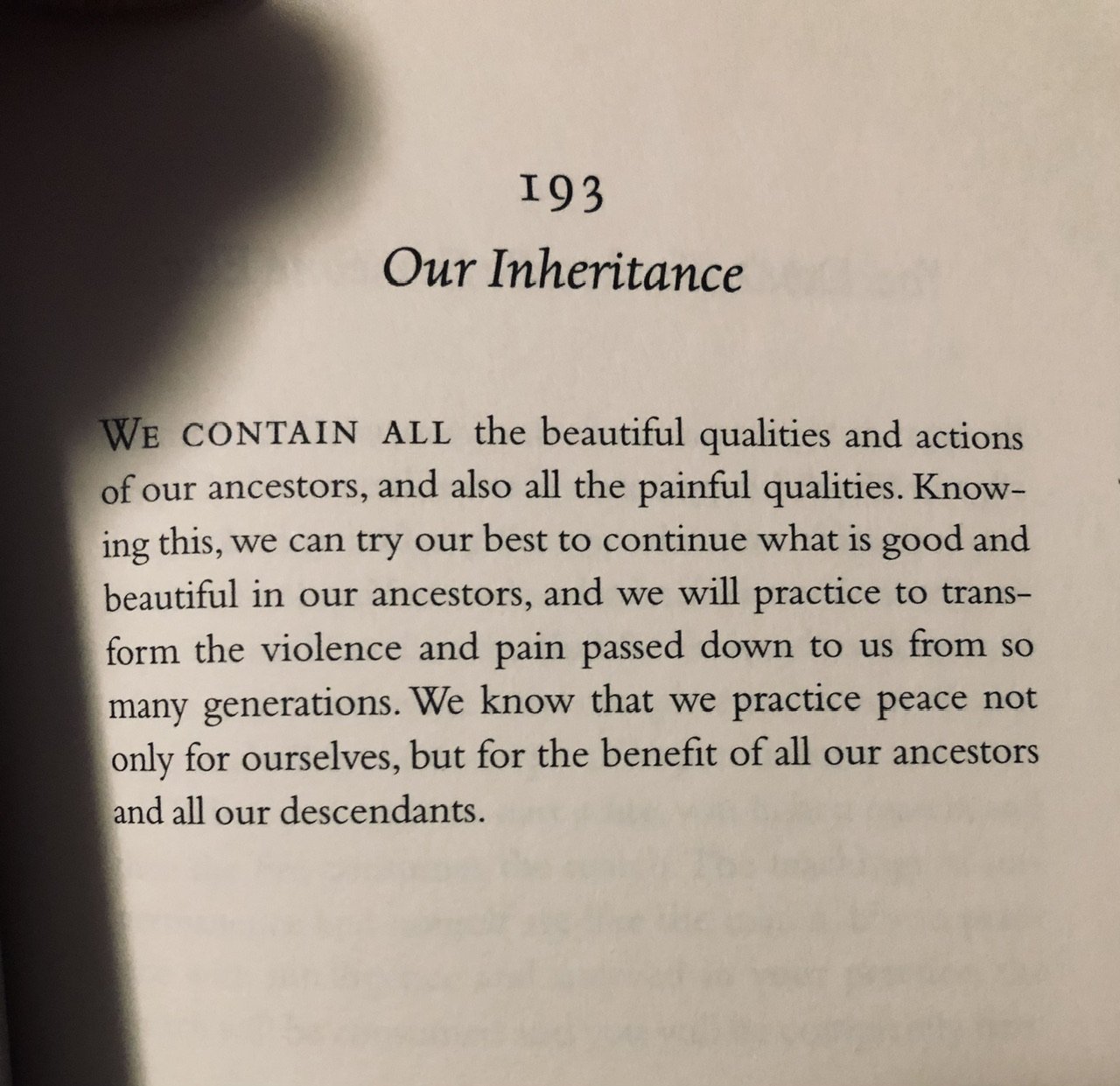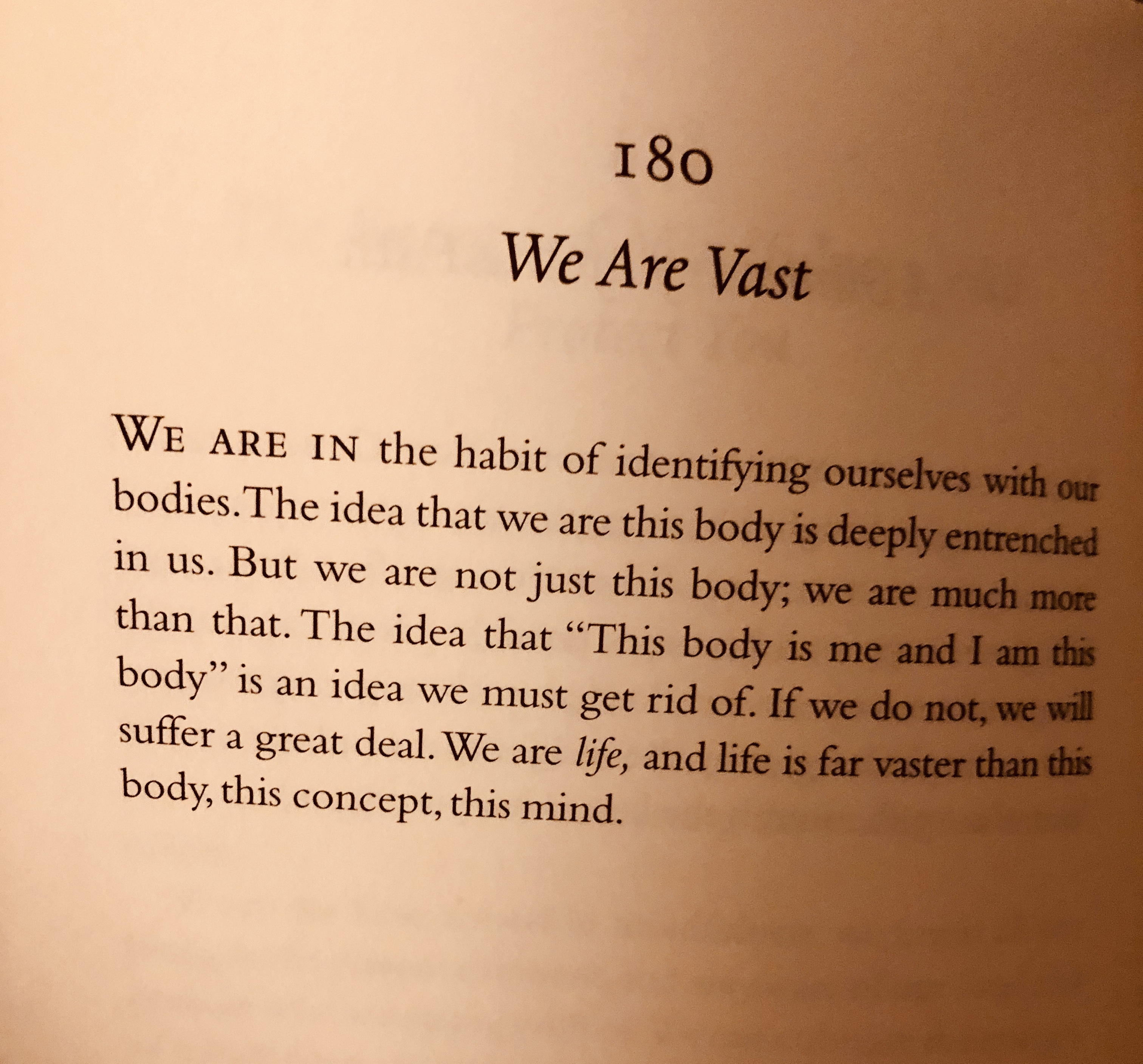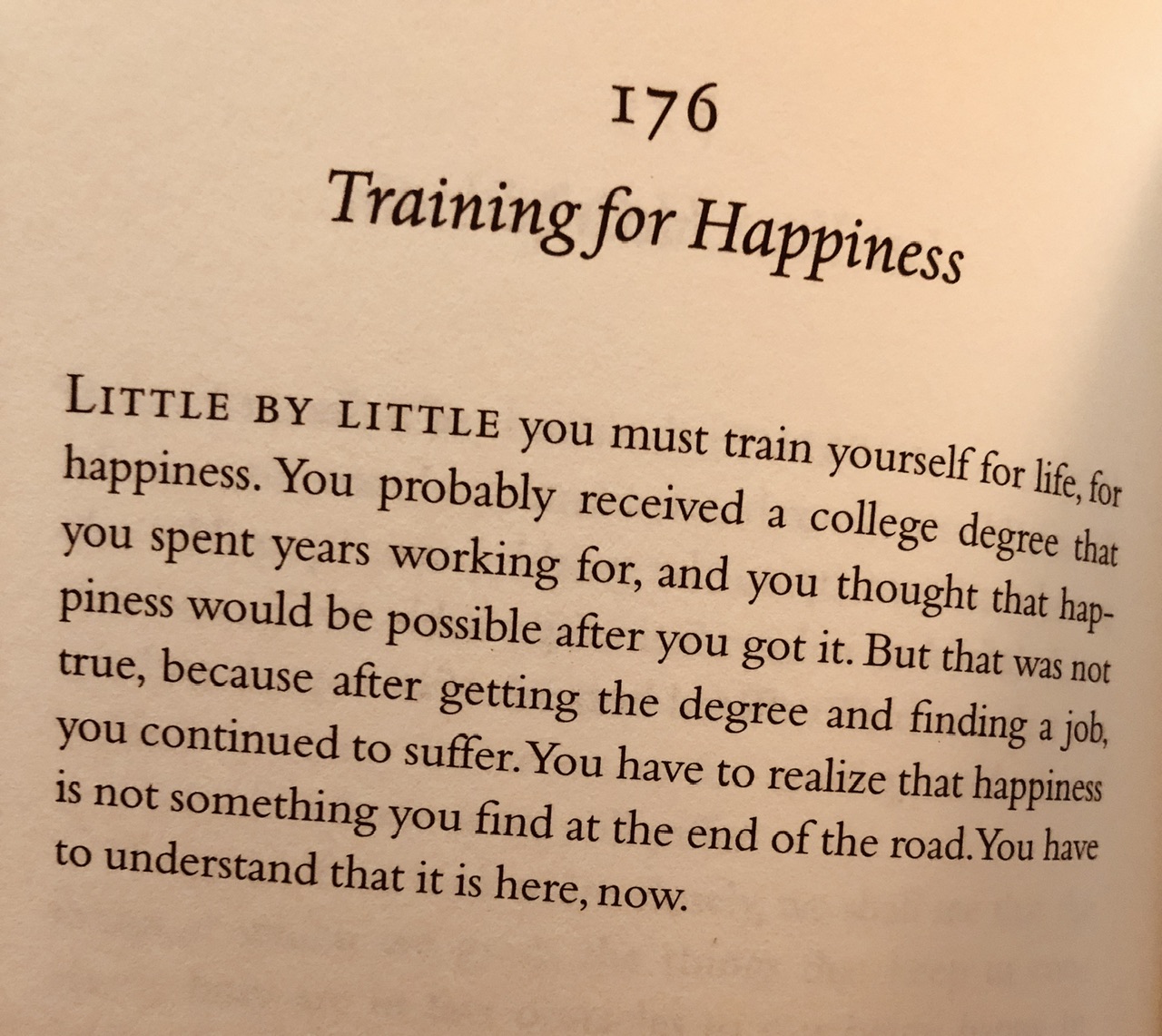tl;dr: Up to five sense vijnanas can arise at a time, but only one mind vijnana arises at a time to cognize the object of those sense vijnanas. The alayavijnana is equated with the mind (citta).
From chapter 5 of the Samdhinirmocana Sutra:
“Viśālamati, when such and such beings are reborn and manifest in this saṃsāra comprised of six destinies, in any class of beings or state of birth, be it egg-born, womb-born, moisture-born, or spontaneously generated, there is first a twofold appropriation: the appropriation of the physical sense faculties together with their supports, and the appropriation of mental imprints producing the elaboration of conventional expressions with regard to phenomenal appearances, names, and conceptualizations. In dependence upon this twofold appropriation, the mind containing all the seeds matures, merges [with the embryo], grows, increases, and expands. This twofold appropriation occurs in the realm of form but it does not appear in the realm of the formless.
“Viśālamati, this cognition is also called ‘appropriating cognition’ because it grasps and appropriates the body. It is also called ‘subliminal cognition,’ (alaya-vijnana) because it dwells and lies hidden in this body, sharing a common destiny. It is also called ‘mind,’ because it is accumulated and developed by visual forms, sounds, smells, flavors, tangible objects, and phenomena.
“Viśālamati, taking this appropriating cognition as support and basis, the six kinds of cognition, that is, visual, auditive, olfactory, gustatory, tactile, and mental cognitions, arise. Among these, a visual cognition arises on the basis of the eye, which is connected with a visual cognition and a visual form. Simultaneously and in conformity with this visual cognition, a mental cognition that conceptualizes the object arises at the same time, having the same object. [Likewise,] Viśālamati, an auditive, olfactory, gustatory, or tactile cognition arises on the basis of a sense faculty connected to a cognition, such as the ear, nose, tongue, or body, and a sound, smell, flavor, or tangible object. Simultaneously and in conformity with this auditive, olfactory, gustatory, or tactile cognition, a mental cognition that conceptualizes the object arises at the same time, having the same object. If only one visual cognition arises at one time, then only one mental cognition that conceptualizes the object arises simultaneously, having the same object. If two, three, four, or five cognitions arise simultaneously, then also in that case, having the same object as the group of five cognitions, only one mental cognition that conceptualizes this object arises simultaneously.
“Viśālamati, it is like this: If the conditions for the arising of a single wave in a large stream of water are present, then only one wave arises. If the conditions for the arising of two or many waves are present, then two or many waves arise. However, the river [itself] neither stops as a stream of water nor becomes exhausted. If the conditions for the arising of a single reflection in a perfectly polished mirror are present, then only one reflection arises. If the conditions for the arising of two or many reflections are present, then two or many reflections arise. However, the mirror neither transforms itself into the object corresponding to the reflection nor manifests reflections by being in close contact [with the reflected objects]. Viśālamati, similarly, taking this appropriating cognition as support and basis, as in the examples of the river and the mirror, if the conditions for the arising of one visual cognition are present, then only one visual cognition arises. If the conditions for the simultaneous arising of up to five cognitions are present, then up to five cognitions simultaneously arise.
[...]
"Profound and subtle is the appropriating cognition.
Containing all the seeds, it flows like a stream of water.
I did not teach it to the immature,
Lest they would imagine it to be a self."




